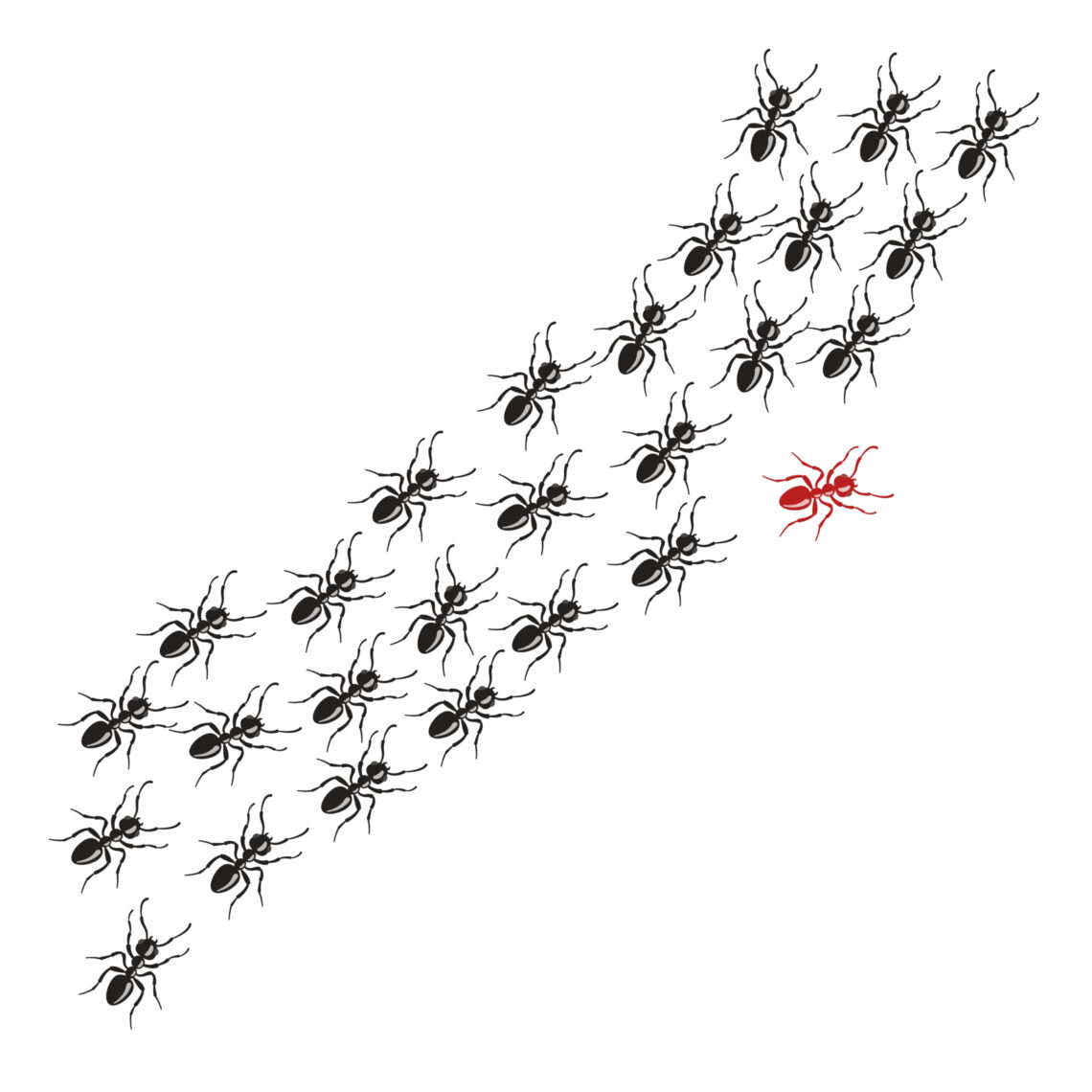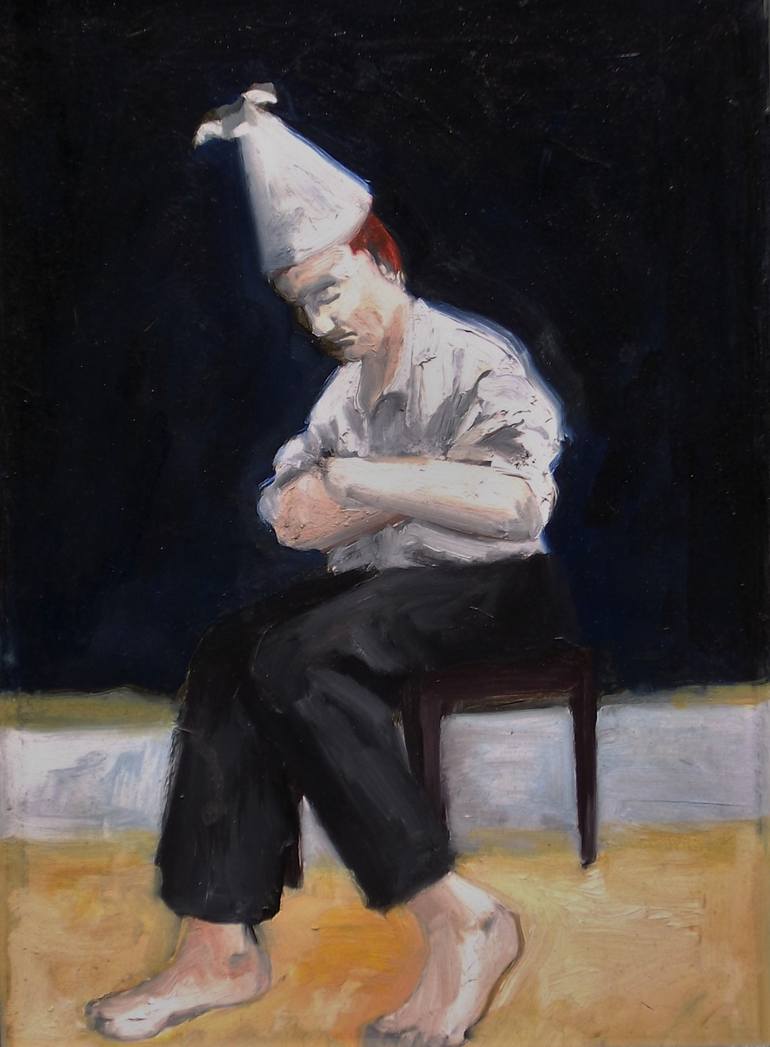-
All Will Be Well
In 1967 film maker (and devout Christian) Irwin “Shorty” Yeaworth produced “The Gospel Blimp” as a send-up of the craze over mass evangelism using the latest technology to reach a whole community in the most effective way possible – an inflatable blimp. They towed Bible-verse banners, “firebombing” the unchurched citizens with thousands of gospel tracts and broadcasting Christian music and programs over loudspeakers. Things unravel and the new technology ends up being just one more way of wasting money with little positive effect. But for a brief moment it is new, exciting and full of promise. Shorty was a colorful character and a periodic guest in our home. He died…
-
Picture Perfect
Ten years ago I was sitting at my daughter’s graduation from Fuller Seminary. Haley was just about the same age I was when graduating from Harvard Divinity forty years earlier. One significant exception was I didn’t recall hugging the Dean of the Divinity School as she did President Richard Mouw as a reflection of deep regard for him and his extraordinary relationship with the students and faculty. There are many other differences between her experience and the years that separated us but one thing is the same. Along with hundreds of other parents, I was taking hurried and mostly blurred pictures of our graduates hoping to capture the moment in…
-
Cultural Christians
After coming to Christ in 1970, I looked for a fellowship of believers. I fell in with a small group of serious Christians who were searching for the purest form of New Testament practice and doctrine. It was not long before I realized that for us everyone outside our group was either liberal, lukewarm or carnal. Perhaps the description I heard most often was, “They are just cultural Christians” and with this label we easily wrote off Episcopalians, Methodists, Presbyterians and Baptists. Of course, Catholics and Mormons were not even cultural Christians. They were cults. Over time I began to wonder if our search was similar to the chemist’s who…
-
East of Eden
And the Lord God said, ‘The man has now become like one of us, knowing good and evil. He must not be allowed to reach out his hand and take also from the tree of life and eat, and live forever.’ So the Lord God banished him from the Garden of Eden to work the ground from which he had been taken. After he drove the man out, he placed on the east side of the Garden of Eden cherubim and a flaming sword flashing back and forth to guard the way to the tree of life.” Like many, I grew up reading tales populated with wizards, dark forests, fantasy…
-
Do What Works
You may have read William Easterly’s book, “The White Man’s Burden: Why the West’s Efforts to Aid the Rest Have Done So Much Ill and So Little Good.” While the title pretty much gives you the essence of the book, the first chapter details a basic distinction between two types of people: Planners and Searchers. Planners start with basic problems and make them bigger before offering any solutions. They apply global blueprints and raise expectations but take no responsibility for meeting them. They think they already know the answers that can be imposed from the outside and believe poverty is a technical engineering problem that their answers will solve. Planners’…
-
Graceland
Were I to ask for one thing you know about Nicodemus in the Gospel of John, likely you would recall he was the Pharisee who went to visit Jesus at night. More than that you might say he chose to go in the dark as he was afraid of being found out by his fellow Pharisees. Further, you might remember it was to a completely perplexed Nicodemus that Jesus said, “You must be born again.” The general impression of Nicodemus has always been that of a man fearful of the consequences of his interest in Jesus and, other than the encounter being the source of the most famous verse in…
-
Urgent
If I were to pick one word describing my mail from nonprofits in December, it would be URGENT! Every message was intent on reminding me how little time I had left to take advantage of either matching grants, the looming end-of-the-year tax deadline or a special opportunity that would close by December 31. I don’t blame the organizations for this. It’s nearly impossible to get our attention from Thanksgiving to New Year’s Day, so something has to break through the clutter. As well, end-of-the-year giving has grown so much in importance that a nonprofit would be foolish not to do everything they can to nudge donors that they only have…
-
The Dumb Tax
A friend made a large donation to help a new organization get started. The founder was an acquaintance and not only persuasive but passionate about the new organization being able to meet a social need not being addressed in the community. The venture failed within two years and ended badly for everyone. I told him he had paid his “dumb tax” on giving. We all pay it either early on – like him – or later. It always comes when we venture into areas about which we know very little and, typically, with people we do not know well. The tax tends to decrease with experience but I’ve paid it…
-
Scrooge Repents
While I would not say I have been Scrooge, I have come close. In fact, the whole period between Thanksgiving and the end of the year has always seemed like an unnecessary drag on productivity. More Prevent than Advent as people don’t return phone calls or start new projects. Christmas puts everything on hold. People go on vacation or leave early to shop and spend time with visiting family. I know part of it can be traced back to my own family growing up…but I have to admit while I have changed any number of things I learned growing up, I have kept my Scrooge-like attitude toward Christmas. Well, that…
-
Twist of Fate
If you read biographies, you notice a recurring pattern in the lives of many great leaders: early success followed by years of obscurity and hardship – even rejection and exile Child stars and prodigies often experience the same. Writers and artists may show promise and then languish for decades before creating anything again. One-hit wonders are common in music, as are novelists who cannot produce a second best-seller. Sometimes circumstances change beyond their control. Silent movie star Rudolph Valentino’s voice was not suitable for movies with sound. Yasha Heifitz was brilliant as an untaught prodigy but being taught how to read music ruined him for years. Marlon Brando had been in a 10-year…










